Today we celebrate International Day of Older Persons
The overall umbrella theme for the United Nations International Day of Older Persons in 2022 is “Resilience of Older Persons in a Changing World.” This theme will be celebrated by the NGO Committees on Ageing in New York, Geneva and Vienna – each with a unique and complementary approach to the overall theme.
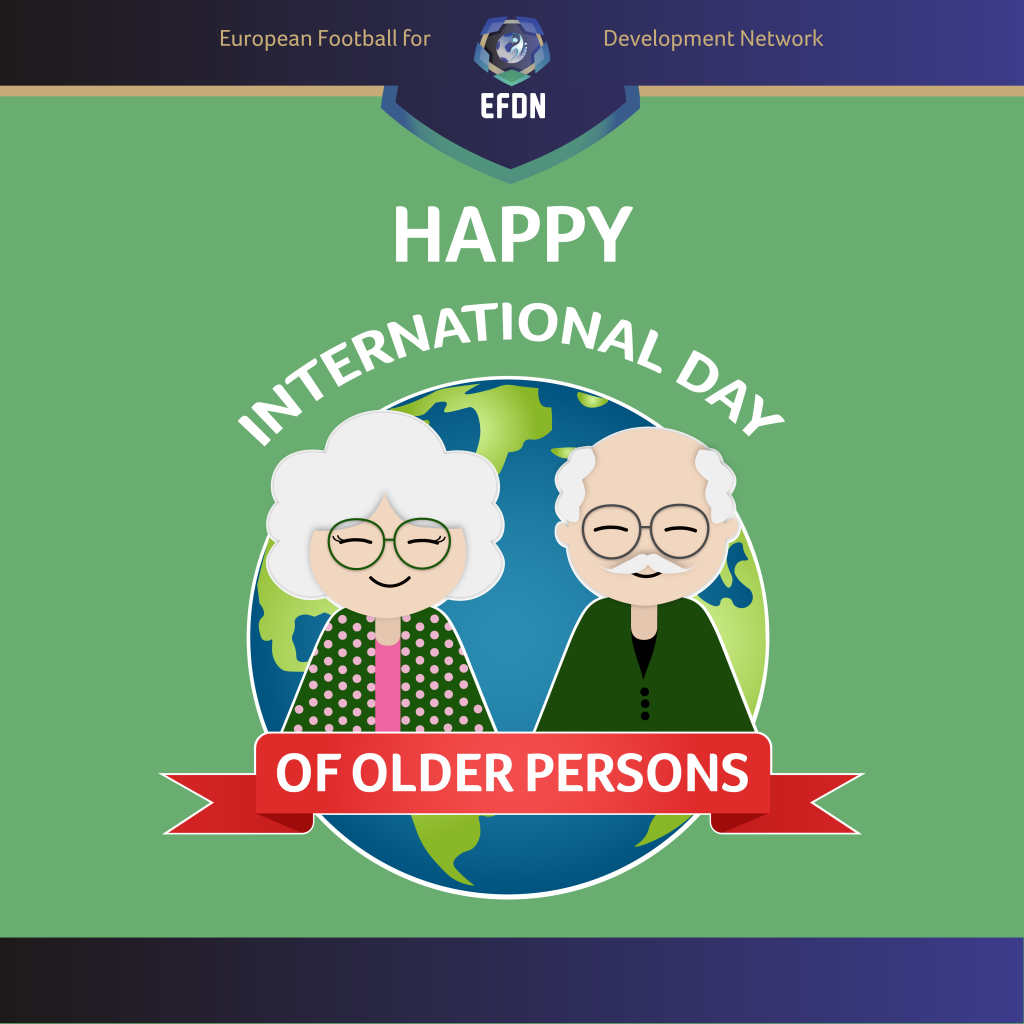
New York Commemoration: “The Resilience and Contributions of Older Women”
The COVID-19 pandemic has exacerbated existing inequalities, with the past three years intensifying the socioeconomic, environmental, health and climate related impacts on the lives of older persons, especially older women who constitute the majority of older persons.
While older women continue to meaningfully contribute to their political, civil, economic, social and cultural lives; their contributions and experiences remain largely invisible and disregarded, limited by gendered disadvantages accumulated throughout the life course. The intersection between discrimination based on age and gender compounds new and existing inequalities, including negative stereotypes that combine ageism and sexism.
The 2022 theme of International Day of Older Persons (UNIDOP) serves as a hallmark and reminder of the significant role older women play in traversing global challenges and contributing to their solutions with resilience and fortitude.
Recognizing the vital contributions of older women and promoting the inclusion of their voices, perspectives and needs are critical to creating meaningful policies to enhance a holistic response to local, national, and global challenges and catastrophes, UNIDOP 2022 is a call to action and opportunity aimed to embrace the voices of older women and showcase their resilience and contributions in society, while promoting policy dialogues to enhance the protection of older persons human rights and recognize their contributions to sustainable development.
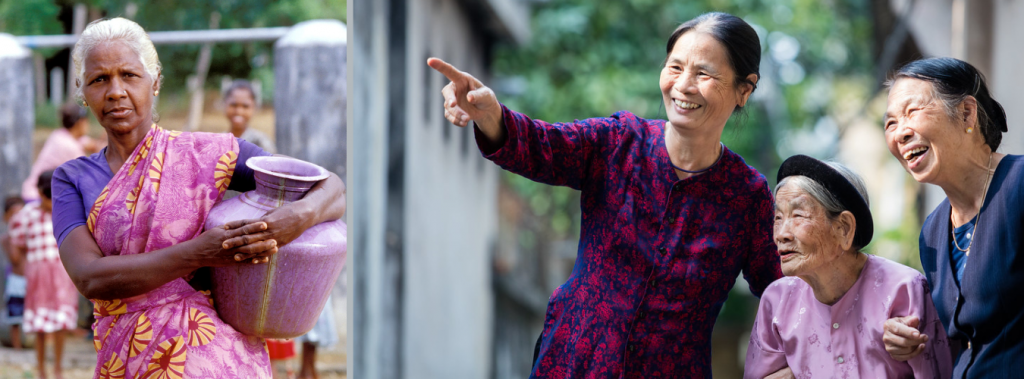
Objectives of #UNIDOP2022:
- To highlight the resilience of older women in the face of environmental, social, economic and lifelong inequalities
- To raise awareness of the importance of improved world-wide data collection, disaggregated by age and gender
- To call on member states, UN entities, UN Women, and civil society to include older women in the center of all policies, ensuring gender equality as described in the Secretary-General’s report, Our Common Agenda
Background
The composition of the world population has changed dramatically in recent decades. Between 1950 and 2010, life expectancy worldwide rose from 46 to 68 years. Globally, there were 703 million persons aged 65 or over in 2019. The region of Eastern and South-Eastern Asia was home to the largest number of older persons (261 million), followed by Europe and Northern America (over 200 million).
Over the next three decades, the number of older persons worldwide is projected to more than double, reaching more than 1.5 billion persons in 2050. All regions will see an increase in the size of the older population between 2019 and 2050. The largest increase (312 million) is projected to occur in Eastern and South-Eastern Asia, growing from 261 million in 2019 to 573 million in 2050. The fastest increase in the number of older persons is expected in Northern Africa and Western Asia, rising from 29 million in 2019 to 96 million in 2050 (an increase of 226 per cent). The second fastest increase is projected for sub-Saharan Africa, where the population aged 65 or over could grow from 32 million in 2019 to 101 million in 2050 (218 per cent). By contrast, the increase is expected to be relatively small in Australia and New Zealand (84 per cent) and in Europe and Northern America (48%), regions where the population is already significantly older than in other parts of the world.
Among development groups, less developed countries excluding the least developed countries will be home to more than two-thirds of the world’s older population (1.1 billion) in 2050. Yet the fastest increase is projected to take place in the least developed countries, where the number of persons aged 65 or over could rise from 37 million in 2019 to 120 million in 2050 (225%).
EFDN has launched several projects and organized programs related to the aging population. These projects and programs are meant to bring participants from various backgrounds together in community activities in order to provide opportunities to increase social inclusion levels allowing them to lead a physically and socially active lifestyle in their European community.
Walking Football League
This Walking Football League project will not only bring together nine community engaged football clubs to deliver a programme that will increase physical activity levels and improve social cohesion and inclusion for people over the age of 50 years old, it will also be the foundation to establish the new sport of Walking Football as a truly unique sport that is here to stay!
The European Walking Football League will provide the opportunity for participants to take part in two European Walking Football League events per year, where they get to travel and compete against the other clubs. These international events will act as inspiration and multipliers which will plant the seed to grow the game of walking football all over Europe.
The project will provide participants with the opportunity to travel, socialise with people of a similar age, and allow them to participate in physical activity in a relaxed and social environment. The project aims to assist in the development of long-lasting friendships and help to increase the confidence of those who participate.

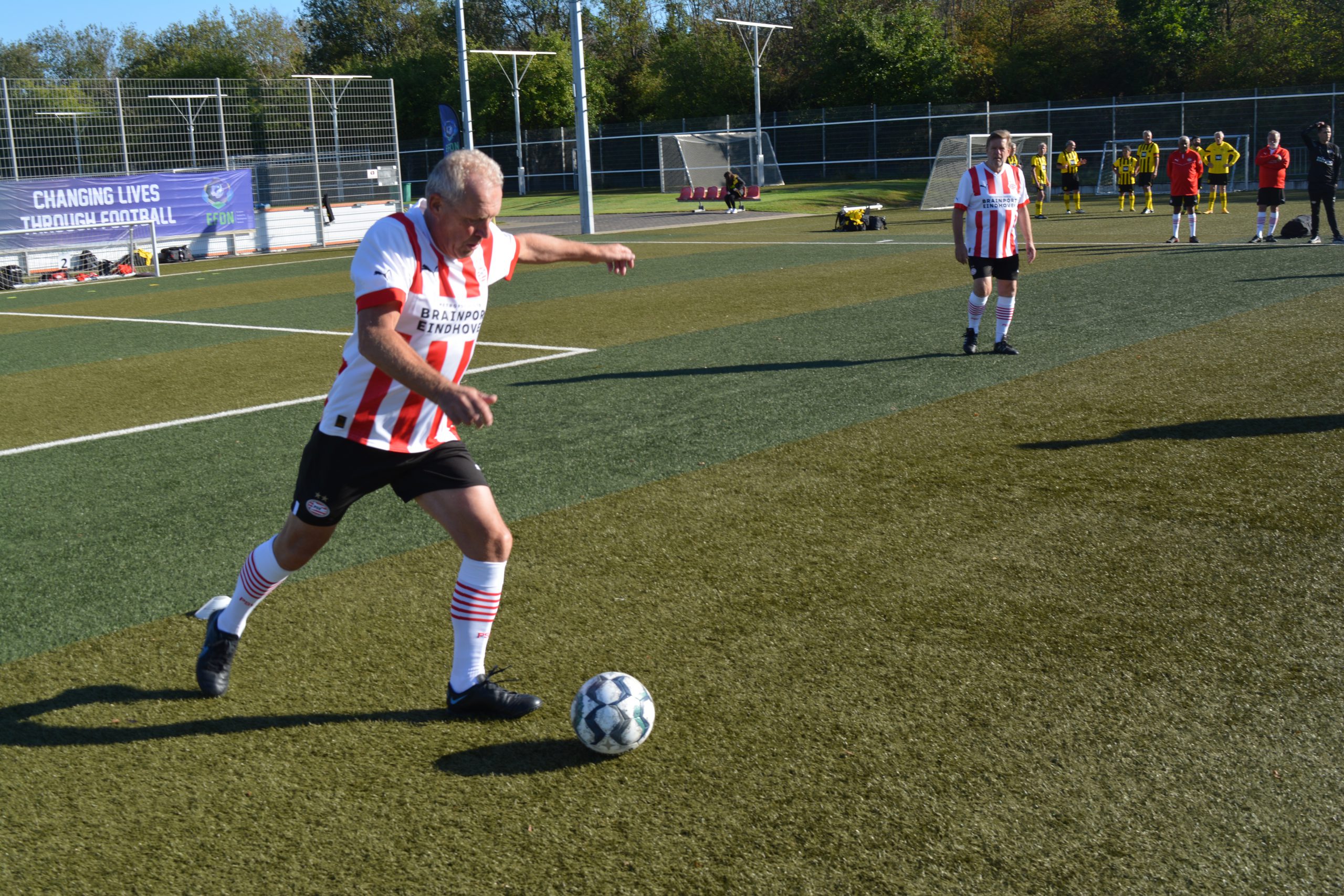
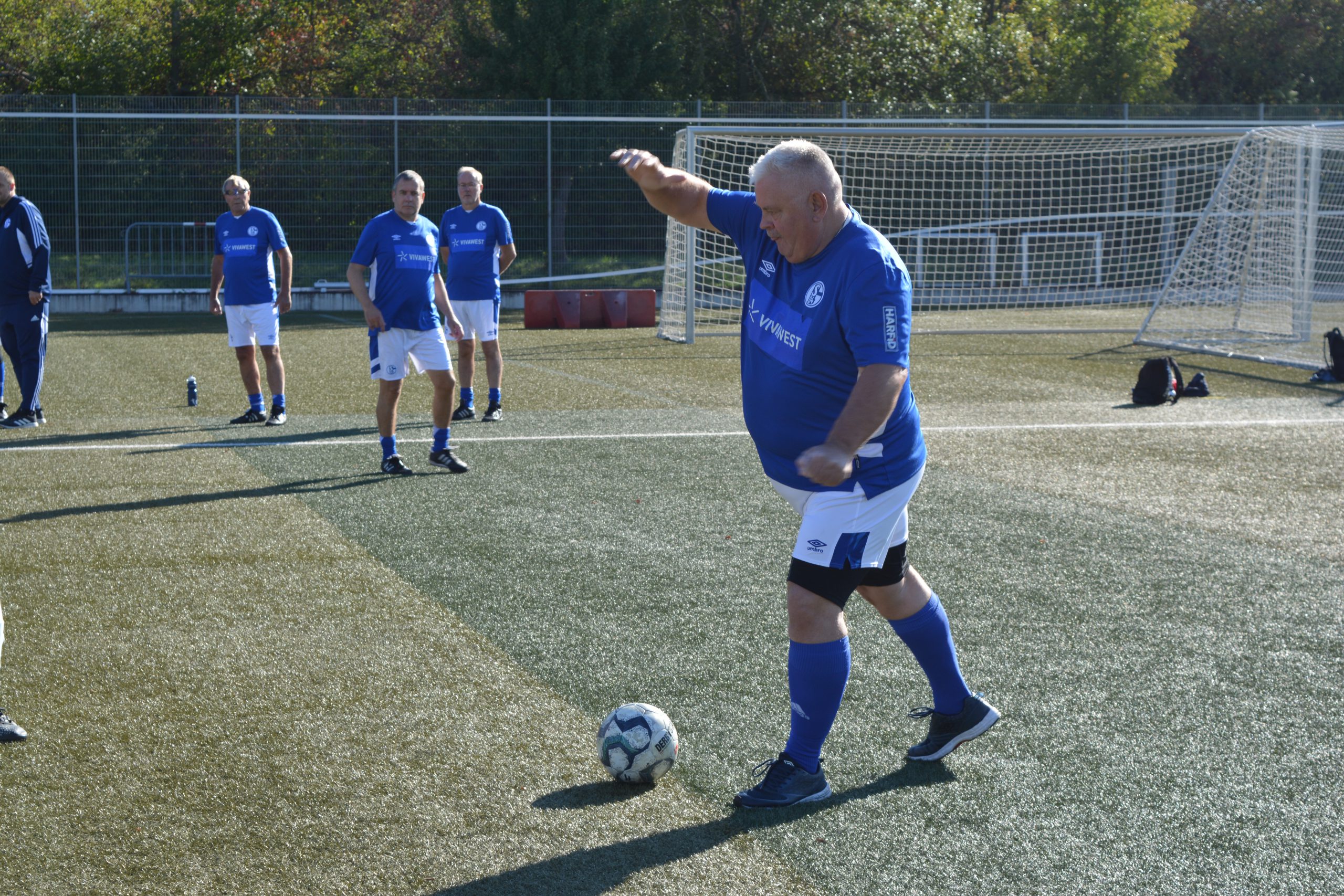


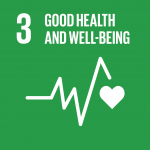
DFB – Football United Against Racism
DFB Foundations Programmes




